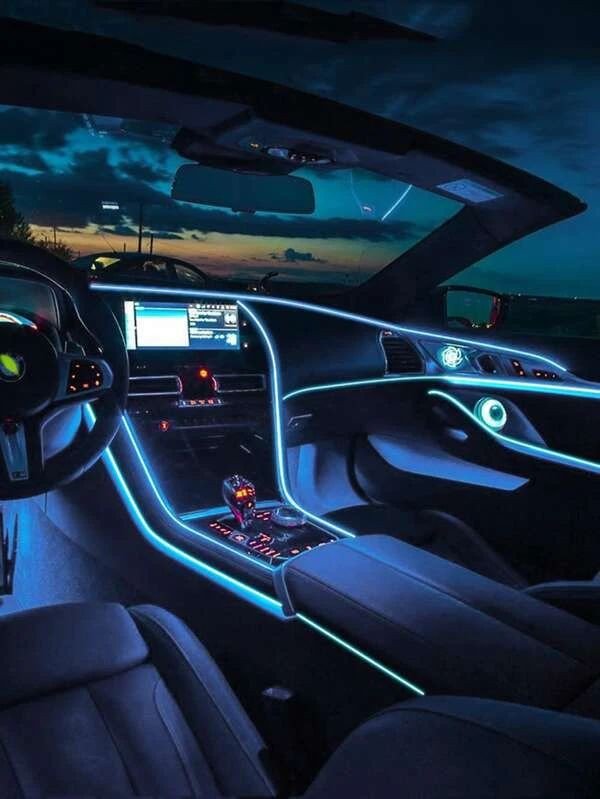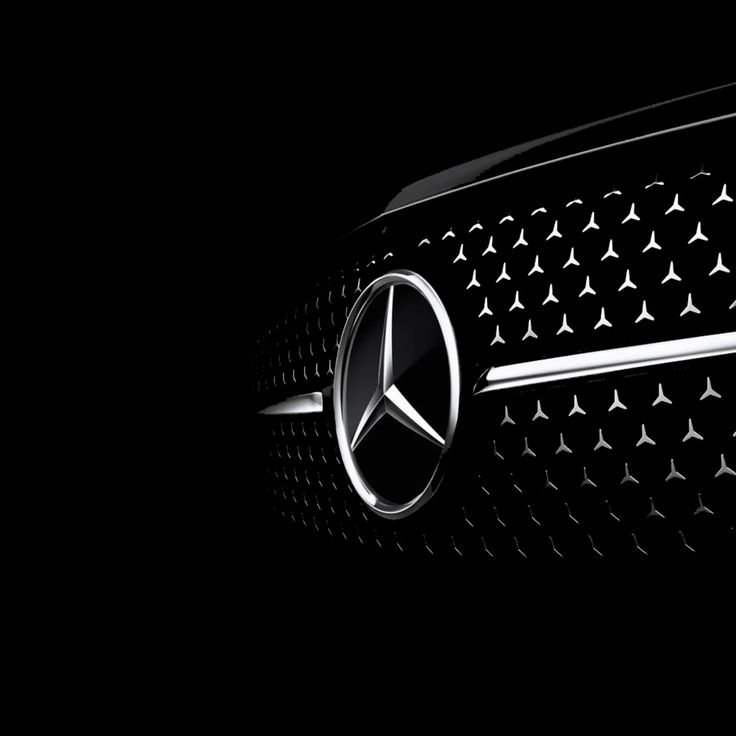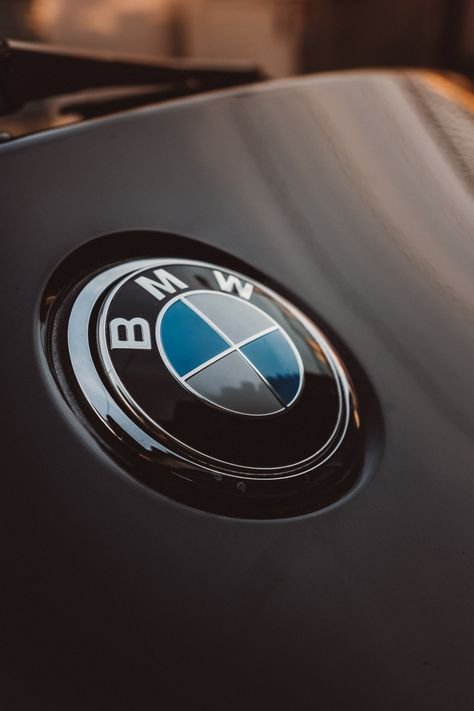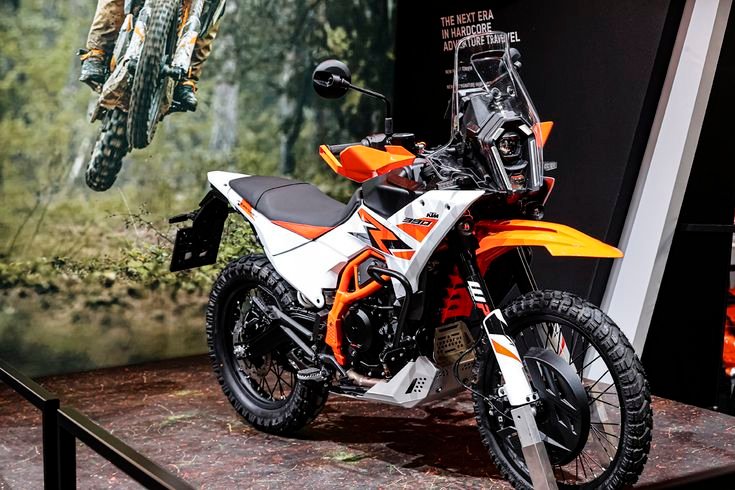
Porsche, an iconic name in the world of automobiles, is synonymous with performance, luxury, and engineering excellence. Since its founding in 1931, Porsche has consistently pushed the boundaries of automotive design and technology. This detailed article explores the history, technological advancements, market influence, challenges, and future prospects of Porsche, highlighting the elements that make this brand a cornerstone of the automotive industry.
Historical Background
Founding and Early Years
Porsche was founded by Ferdinand Porsche in Stuttgart, Germany, in 1931. Initially, the company, Dr. Ing. h.c. F. Porsche GmbH, offered vehicle development work and consulting but did not build any cars under its own name. Ferdinand Porsche’s engineering prowess soon became evident, leading to the development of the Volkswagen Beetle, one of the most successful car designs of all time.
In 1948, Porsche produced its first car, the Porsche 356, which was developed by Ferdinand Porsche’s son, Ferry Porsche. The 356 was a lightweight sports car that quickly gained a reputation for its excellent handling and performance, laying the foundation for the brand’s future success.
Evolution and Growth
The 1950s and 1960s marked significant growth for Porsche. The introduction of the Porsche 911 in 1964 was a pivotal moment. Designed by Ferdinand “Butzi” Porsche, the 911 featured a distinctive rear-engine layout and became an instant icon. Its design and engineering excellence set new standards in the sports car market and cemented Porsche’s reputation for high-performance vehicles.
Throughout the 1970s and 1980s, Porsche continued to innovate with models like the 914, 924, 928, and 944. Each of these models contributed to the brand’s growing legacy of performance and luxury.
Technological Advancements
Engine Technology
Porsche is renowned for its advanced engine technology, which combines performance, efficiency, and durability.
- Flat-Six Engines: The flat-six engine, first introduced in the 911, has become a hallmark of Porsche’s engineering. This engine layout provides a low center of gravity, contributing to the car’s superior handling and stability.
- Turbocharging: Porsche has been a pioneer in turbocharging technology. The 1975 Porsche 911 Turbo was one of the first production cars to feature a turbocharged engine, significantly enhancing performance.
- Hybrid and Electric Powertrains: In recent years, Porsche has embraced hybrid and electric technologies. The Porsche 918 Spyder, introduced in 2013, is a plug-in hybrid supercar that combines a V8 engine with electric motors for a total output of 887 horsepower. The Taycan, Porsche’s first fully electric car, represents a significant step towards sustainable mobility.
Aerodynamics and Lightweight Materials
Porsche has always prioritized aerodynamics and lightweight construction to enhance performance and efficiency.
- Aerodynamic Design: Porsche’s commitment to aerodynamics is evident in the sleek, sculpted lines of its vehicles. Advanced aerodynamic features, such as active rear spoilers and diffusers, help reduce drag and increase downforce.
- Lightweight Construction: Porsche utilizes lightweight materials like aluminum, carbon fiber, and magnesium to reduce weight and improve performance. The use of these materials is particularly evident in high-performance models like the 911 GT3 RS and the
718 Cayman GT4.
Advanced Driver Assistance Systems (ADAS)
Porsche integrates advanced driver assistance systems to enhance safety and driving experience.
- Porsche Stability Management (PSM): PSM helps maintain vehicle stability by monitoring and adjusting the car’s dynamics, especially during extreme driving conditions.
- Adaptive Cruise Control (ACC): ACC maintains a set distance from the vehicle ahead, adjusting speed automatically to ensure safe following distances.
- Lane Keeping Assist: This system helps the driver stay within their lane by providing gentle steering inputs if the car begins to drift out of its lane.
Market Influence
Global Presence
Porsche has established a strong global presence, with a loyal customer base and a reputation for producing some of the best sports cars in the world.
- Europe: Porsche remains a dominant player in the European market, where its models are highly regarded for their performance and engineering excellence.
- North America: In the United States and Canada, Porsche has a significant market share in the luxury and performance car segments. The brand is known for its customer service and driving experiences, such as the Porsche Experience Centers.
- Asia: The Asia-Pacific region, particularly China, has become increasingly important for Porsche. The brand’s focus on luxury and technology appeals to affluent consumers in these markets.
Motorsports Legacy
Porsche’s legacy in motorsports is unparalleled, with significant achievements in various racing disciplines.
- Le Mans Dominance: Porsche has a storied history at the 24 Hours of Le Mans, with a record 19 overall victories. The Porsche 917, 956, and 919 Hybrid are some of the most successful cars in the history of the race.
- Formula E: Porsche entered the Formula E championship, showcasing its commitment to electric mobility and performance. The brand’s participation in Formula E reflects its dedication to advancing electric vehicle technology.
Iconic Models
Porsche has produced numerous iconic models that have left an indelible mark on the automotive world.
- Porsche 911: The 911 is Porsche’s flagship model and has been in continuous production since 1964. Known for its distinctive design and exceptional performance, the 911 is a benchmark in the sports car segment.
- Porsche Cayenne: Introduced in 2002, the Cayenne was Porsche’s first SUV and quickly became a best-seller. It combines luxury, performance, and practicality, broadening
Porsche’s appeal to a wider audience.
Porsche Taycan: The Taycan, Porsche’s first all-electric sports car, represents a bold step into the future. With cutting-edge technology and blistering performance, the Taycan showcases Porsche’s commitment to innovation and sustainability.
Challenges and Solutions
Technological and Regulatory Challenges
As the automotive industry evolves, Porsche faces several technological and regulatory challenges.
- Emissions Regulations: Stringent emissions regulations worldwide require Porsche to develop cleaner and more efficient powertrains. The brand’s investment in hybrid and electric technology is a response to these challenges.
- Electrification: The transition to fully electric vehicles presents both opportunities and challenges. Balancing performance, range, and the signature Porsche driving experience is crucial.
Market Competition
Porsche operates in a highly competitive market, facing competition from other luxury and performance car manufacturers.
- Competing Brands: Brands like Ferrari, Lamborghini, and McLaren are direct competitors, offering high-performance luxury vehicles that appeal to a similar customer base. Porsche must continuously innovate to maintain its competitive edge.
- New Entrants: The rise of new entrants in the electric and high-performance vehicle segments, such as Tesla and Rimac, presents additional competition. Porsche’s response involves integrating cutting-edge technology while preserving its brand identity.
Maintaining Brand Identity
Maintaining its brand identity while adapting to new market trends and technologies is a critical challenge for Porsche.
- Balancing Tradition and Innovation: Porsche must strike a balance between its rich heritage and the need for innovation. This involves integrating new technologies without compromising the brand’s core values of luxury, performance, and quality.
- Sustainability: As consumers and regulators demand more sustainable practices, Porsche must incorporate eco-friendly materials and processes without sacrificing the luxury and performance that define the brand.
Future Prospects
Continued Innovation
Porsche’s future prospects are closely tied to its commitment to innovation and technological advancement.
- Hybrid and Electric Vehicles: Porsche plans to expand its hybrid and electric vehicle lineup. The Taycan Cross Turismo and the upcoming all-electric Macan are examples of Porsche’s dedication to sustainable mobility.
- Autonomous Driving: Porsche is investing in autonomous driving technology, aiming to develop self-driving vehicles that enhance safety and convenience. The brand’s focus is on maintaining the driving experience while incorporating advanced driver assistance systems.
Expanding Market Presence
Porsche aims to expand its market presence while maintaining its reputation for luxury and quality.
- Emerging Markets: Growth opportunities in emerging markets, particularly in Asia and Latin America, are significant. Porsche is expanding its dealership network and tailoring its offerings to meet regional preferences.
- Luxury Lifestyle Brand: Porsche is leveraging its brand to expand into luxury lifestyle products and experiences. The company’s Porsche Design brand offers high-end accessories, apparel, and home goods that complement its automotive offerings.
Sustainability and Environmental Goals
Porsche is committed to sustainability and reducing its environmental impact.
- Carbon Neutrality: Porsche has set ambitious goals to achieve carbon neutrality by 2030. This involves reducing emissions across its operations and developing sustainable manufacturing practices.
- Sustainable Materials: The company is exploring the use of sustainable materials in its vehicles, such as recycled carbon fiber and eco-friendly interior materials.
Porsche’s legacy of performance, luxury, and innovation has made it one of the most revered brands in the automotive world. From its pioneering beginnings to its dominance in motorsports and its status as a luxury icon, Porsche continues to push the boundaries of automotive engineering and design.
As Porsche navigates the challenges of technological advancements, regulatory changes, and market competition, its commitment to innovation and excellence remains unwavering. The company’s future prospects are bright, with exciting developments in hybrid and electric technology, expanded market presence, and a focus on sustainability.
In conclusion, Porsche embodies the perfect blend of tradition and innovation. Its continued dedication to pushing the limits of what is possible in the automotive industry ensures that Porsche will remain a symbol of excellence and aspiration for generations to come.
ALSO READ: Connected Cars: The Rise of IoT in the Automotive Industry





